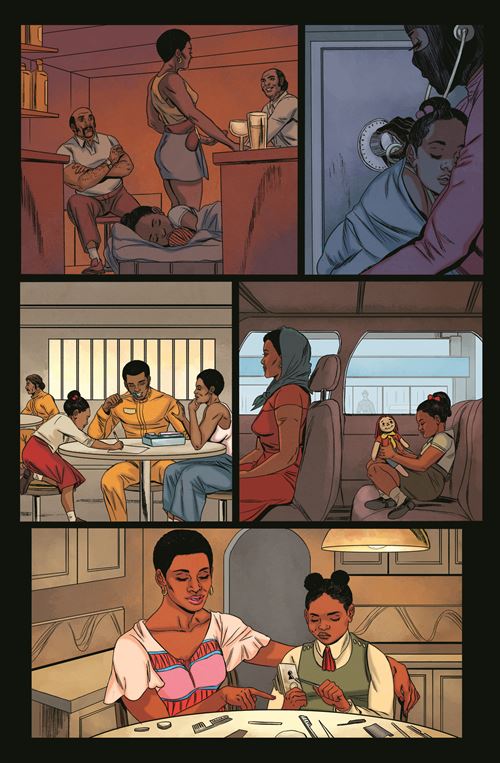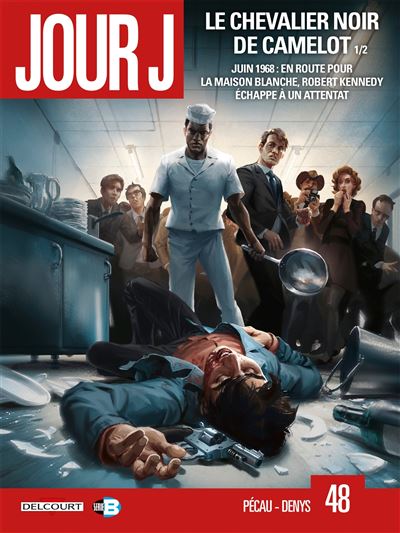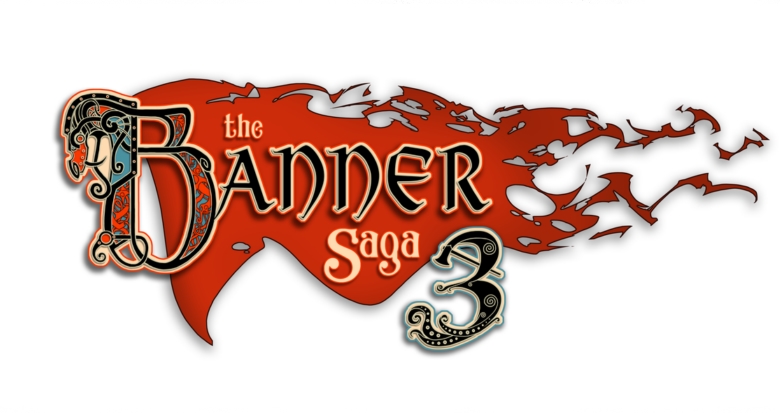You loved the adrenaline in Ocean 11 and its sequels but you are tired of testosterone? Follow the women of the Banks family to discover a family of robbers.
A family in (search of) gold
In Chicago, the Banks are a doubly special family. They live off theft and it is the women who have been the robbers for years, but their biggest blow is yet to come and it is also the most personal. As the introduction of this book points out, heist is a very popular film genre and has been able to modernize itself by feminizing itself. The Banks slips in this wake by offering to follow over six episodes the breathless preparation of a family heist. Theft is not presented as a sin but as a way, almost like any other, to raise one's children. The granddaughter Célia proposes to her mother and grandmother to realize the coup of the century. They are initially reluctant because they have always escaped prison by avoiding taking reckless risks. In addition, Inspector Juanita Vasquez is getting dangerously close to the family. A mysterious fact from the past reinforces their stress but it is also this event that will push the Banks to act. This is the beginning of a triple race: for theft, revenge and to avoid being caught. 
A family in search of justice
This new release from the American publisher TKO Studios published in France by Panini is also a long-term family saga following three generations of black women from the 60s to the present day. After fleeing the violence of the South, grandmother Clara is unfortunately unable to find work in Chicago and it is by learning the techniques of theft with her husband, Melvin Banks, that she finds a career. The daughter Cora received a double education. At school, academic subjects, and at home, theft. Granddaughter Celia works successfully for an investment bank. She has disowned the Banks' criminal past and is dating a blank man but changes her mind by hitting a glass ceiling. Each is independent of men. The screenwriter leaves the chronological narrative to jump from one era to another in a few pages or even return to the past. It is also a way to show that every woman in the Banks family has had to endure racism and injustice. Screenwriter Roxane Gay has an original career path because she started as an author and columnist at the New York Times before winning an Eisner Award – the Oscars of comics – for the mini-series Marvel World of Wakanda (best mini-series). We recognize his former profession by a precise description of the context. Clara's displacement was part of a large migration of segregated South African-Americans to the industrial Northeast in search of labor. It presents a non-conformist family in many ways and shows that while racism is less uncovered, discrimination has not stopped.  The cartoonist Ming Doyle serves the narrative by allowing the reader to easily locate the different periods. She knows how to show different bodies and beauty regardless of age but her drawing is a little fixed for an action story. On the contrary, colorist Jordie Bellaire avoids sepia tones or black and white for the past while offering tones that are both soft and vibrant as she did on Doctor Mirage. Initially disturbed by the drawings, The Banks won the reader's support by the golden quality of the script and by the portraits of women as strong as diamonds. The quality of the dialogues, as lively as a pickpocket will finish convincing you that The Banks is a case not to be missed to discover a family of robbers. You can find chronicles from the same American publishing house, TKO on the incredible Goodnight Paradise and the western 7 Deadly Sins.
The cartoonist Ming Doyle serves the narrative by allowing the reader to easily locate the different periods. She knows how to show different bodies and beauty regardless of age but her drawing is a little fixed for an action story. On the contrary, colorist Jordie Bellaire avoids sepia tones or black and white for the past while offering tones that are both soft and vibrant as she did on Doctor Mirage. Initially disturbed by the drawings, The Banks won the reader's support by the golden quality of the script and by the portraits of women as strong as diamonds. The quality of the dialogues, as lively as a pickpocket will finish convincing you that The Banks is a case not to be missed to discover a family of robbers. You can find chronicles from the same American publishing house, TKO on the incredible Goodnight Paradise and the western 7 Deadly Sins.








































